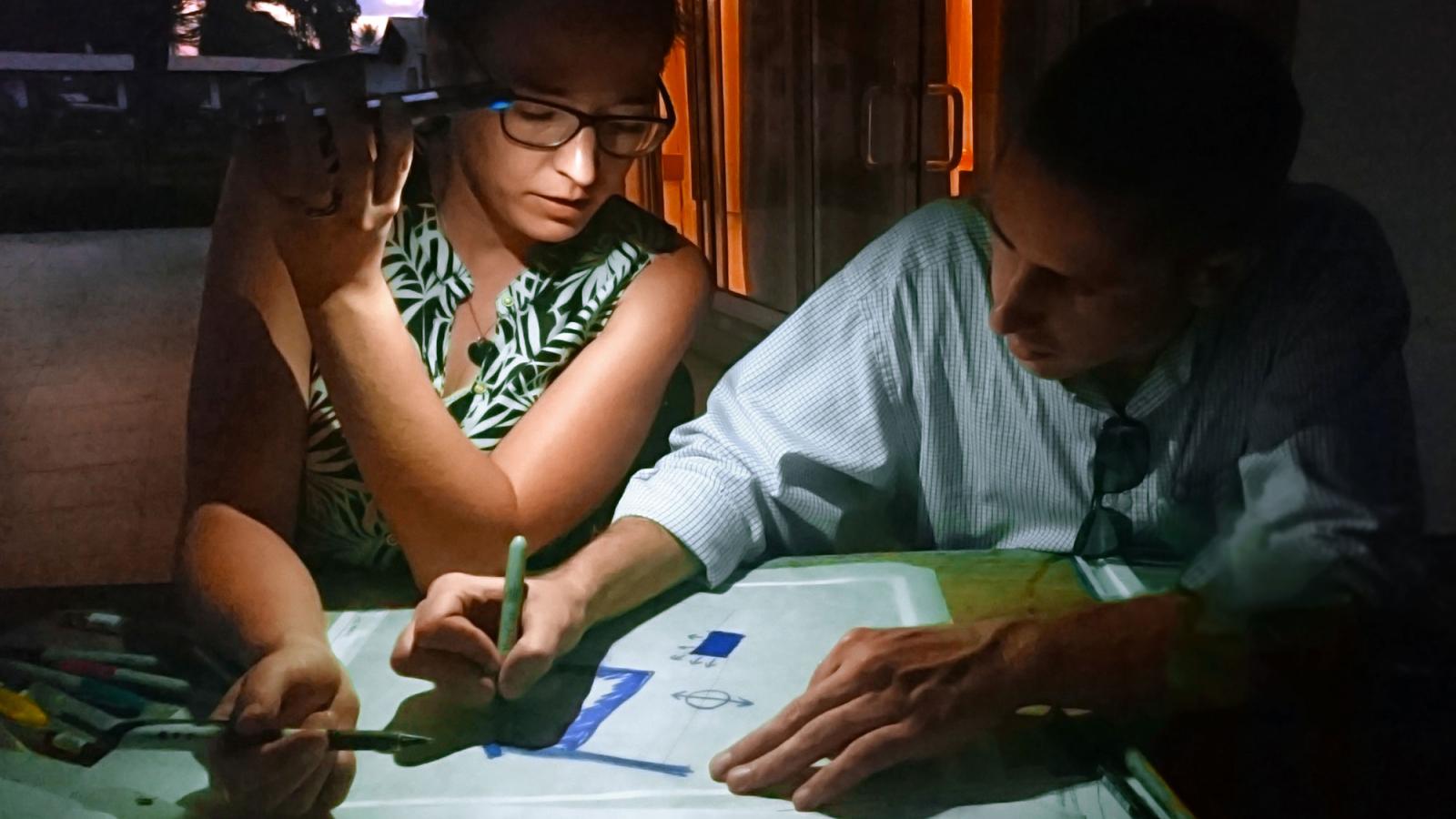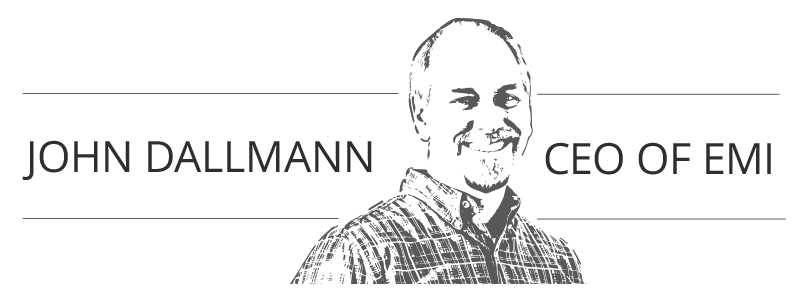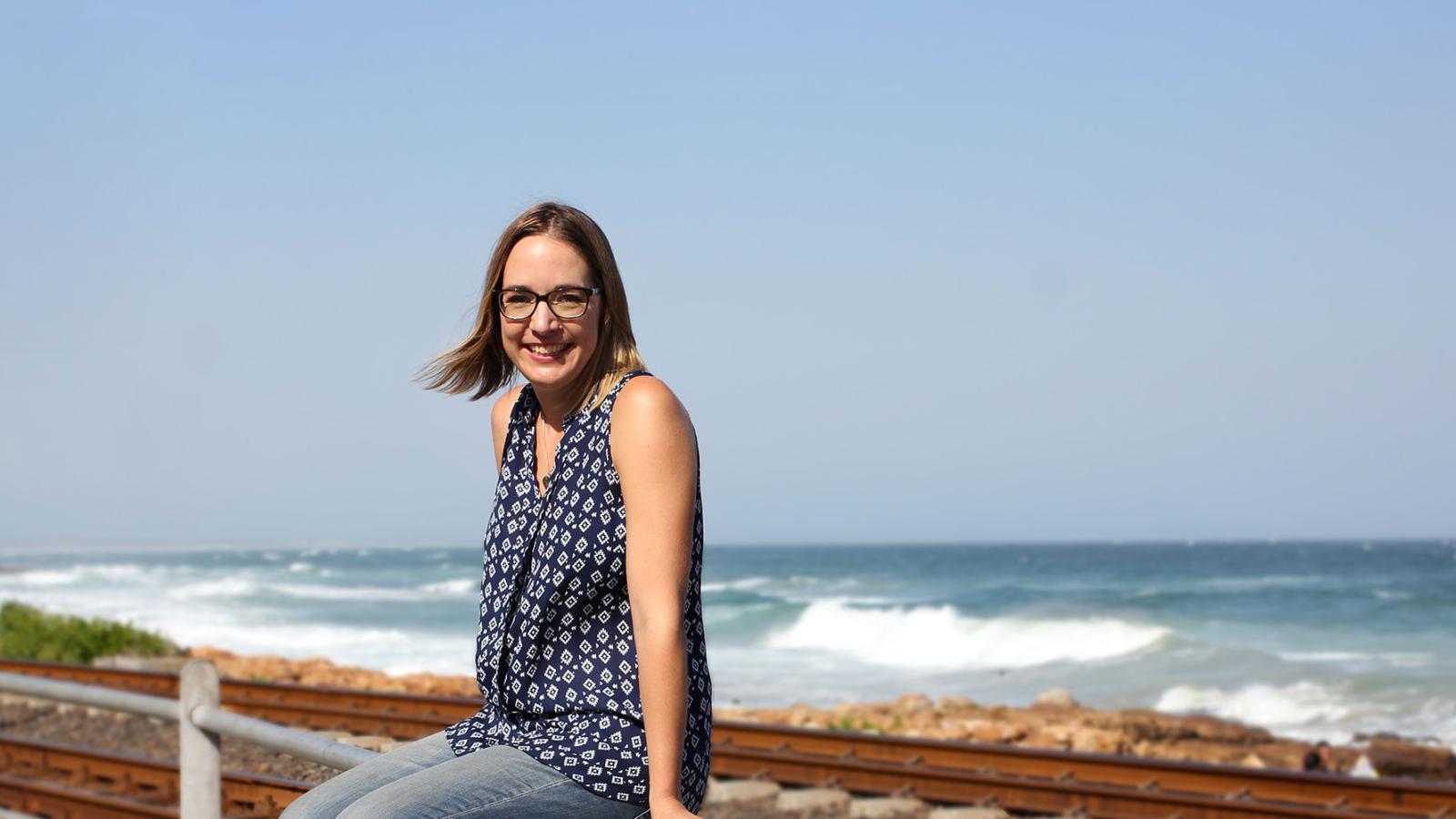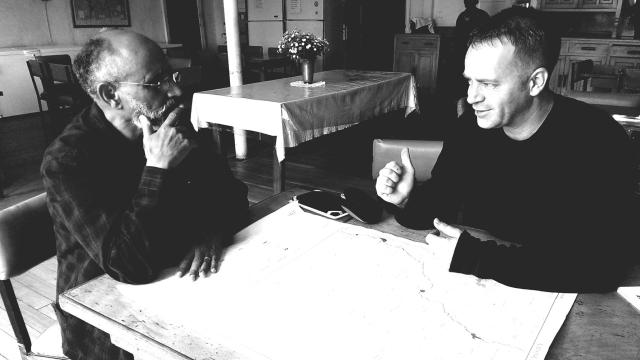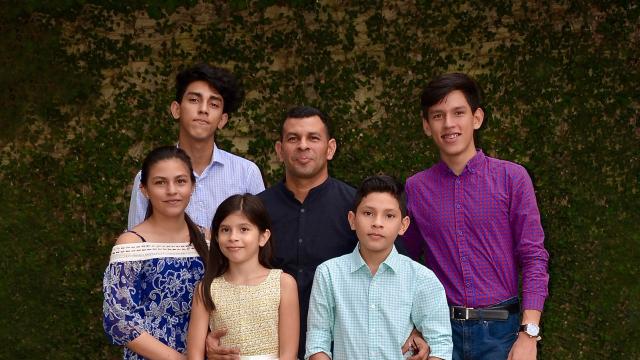Newsletter, March
We’ve seen God use EMI’s 5-year goal-setting to lead us in amazing pathways! For instance, our 5-year goal that a quarter of our staff, interns, and volunteers be local nationals by 2018 was met and exceeded! All glory to God for this success!
Looking forward, one of our new 5-year (2019-24) strategic goals is leadership training. We launched this with EMI Directors last year, but will expand it to include deputy office directors and potential leaders in the next few years. This training gave us space to discuss and learn about characteristics of good leadership, Godly character, and degrees of delegation.
I think this is important because EMI needs to deepen our “bench” of experienced leaders. We hope to achieve that by providing this training and experience to many inside the organization. We want to build into the next generation of our leadership and set the stage for EMI to grow and thrive. Yet we cling to the truth that, “Unless the Lord builds the house, those who build it labor in vain.” (Ps. 127:1a ESV)
Together for His Glory,

John Dallmann
CEO & President
A master plan for reducing the medical care gap
My first EMI trip to rural Tanzania felt like a test. I had such a peace about joining EMI, but staff on-boarding required a project trip. What if God asked me to join EMI and I found trips too hard to cope with?
You see, in 2012 I fell unconscious due to TB Meningitis. Meningitis attacks the brain, putting it under huge pressure. Because of this, I learned to be careful not to over-stimulate my mind. Three years of physical healing were followed by four years of God’s emotional healing from all the pain I endured.
Now I lead a lifestyle focused on eliminating unnecessary stimulating elements. The trip meant traveling away from my home and routine in South Africa, with people I knew only partially, to a new country with intense sensory impact everywhere. After an eight-hour bus ride of new images, sounds, and smells, we would start our work: To talk and listen to team members on both work and personal levels, to ask questions of our client and local professionals to understand their way of living and building. A long week of new stimulations. How would my body respond to this? What on earth was I doing? Yet God was saying in a powerful but gentle way, “I’ve got you. I will be with you.”
Having come through Meningitis myself, it was special to work on a new medical campus for my first project trip. St. Francis University College of Health and Allied Sciences was established in 2010 to train doctors and health professionals for Tanzania. In 2014, there was one physician in Tanzania for every 45,400 people. By comparison, as of 2016, South Africa had one physician for every 1,220 people, and the UK had one for every 355 people. The severely limited number of health professionals within Tanzania leaves large healthcare gaps. This forces people to travel long distances for care, or simply go without care. This reality drives the expansion of the University.

The campus we were designing is in Ifakara, a rural town of 50,000 people, southwest of Dar es Salaam. Over the years, university student population has risen from 46 to 1,068 undergraduates. By 2016, the University sensed it was time to begin expansion onto the 39-acre property that had been set aside originally for this purpose. Last year, EMI South Africa was invited to initiate the master-planning process.
Though we received a warm African welcome, by the time we arrived in Ifakara I was shattered by sensory overload and exhaustion. We were looked after lovingly and everyone was so approachable for the many, many questions we had. I felt utterly surrounded by God’s peace. We set to work: Within the next 5-10 years, the University expects to implement new faculties such as Dentistry, Nursing, Pharmaceutical Sciences, and Social Sciences. In the next 20 years, they hope to create a teaching hospital and lay the foundation for constituent colleges in at least three Tanzanian communities.
The test for our team was to capture this vision in a master plan. Every building, every road, and every open space should be an inspirational area for students to dream of possibilities for the future of healthcare in Tanzania. To accomplish this, we included University staff in review sessions to inform and guide our design process. We also interacted with local planners, architects, and engineers to learn contextual design practices. Our multi-disciplinary, international EMI team of 11 volunteers put over 2,000 design hours into this effort.
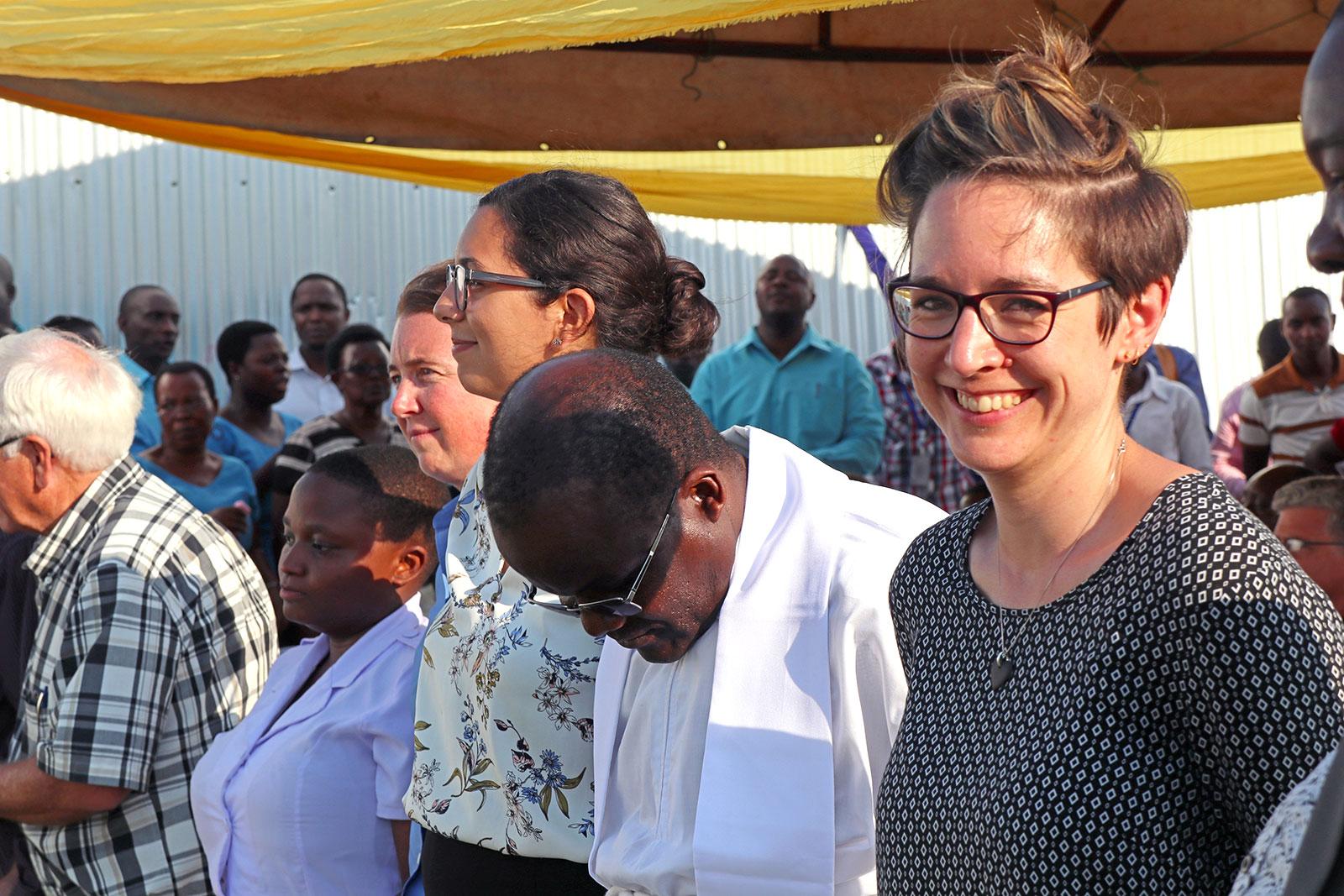
Traveling through Tanzania, my heart broke for the many people I saw with physical disabilities. During my illness, I needed an operation to alleviate the pressure in my brain. Afterward, I should have had physical disabilities, but—by God's pure grace—I am healed completely. This made the desperate need for more Tanzanian healthcare workers very real to me. What a beautiful opportunity to be part of a team building into the future of healthcare in the country.
The trip held many little tests where Jesus wanted me to choose trusting Him over my fears of what could happen. Reflecting back, I am reminded how faithful He is with the master plan of our life and also in our daily moments.
